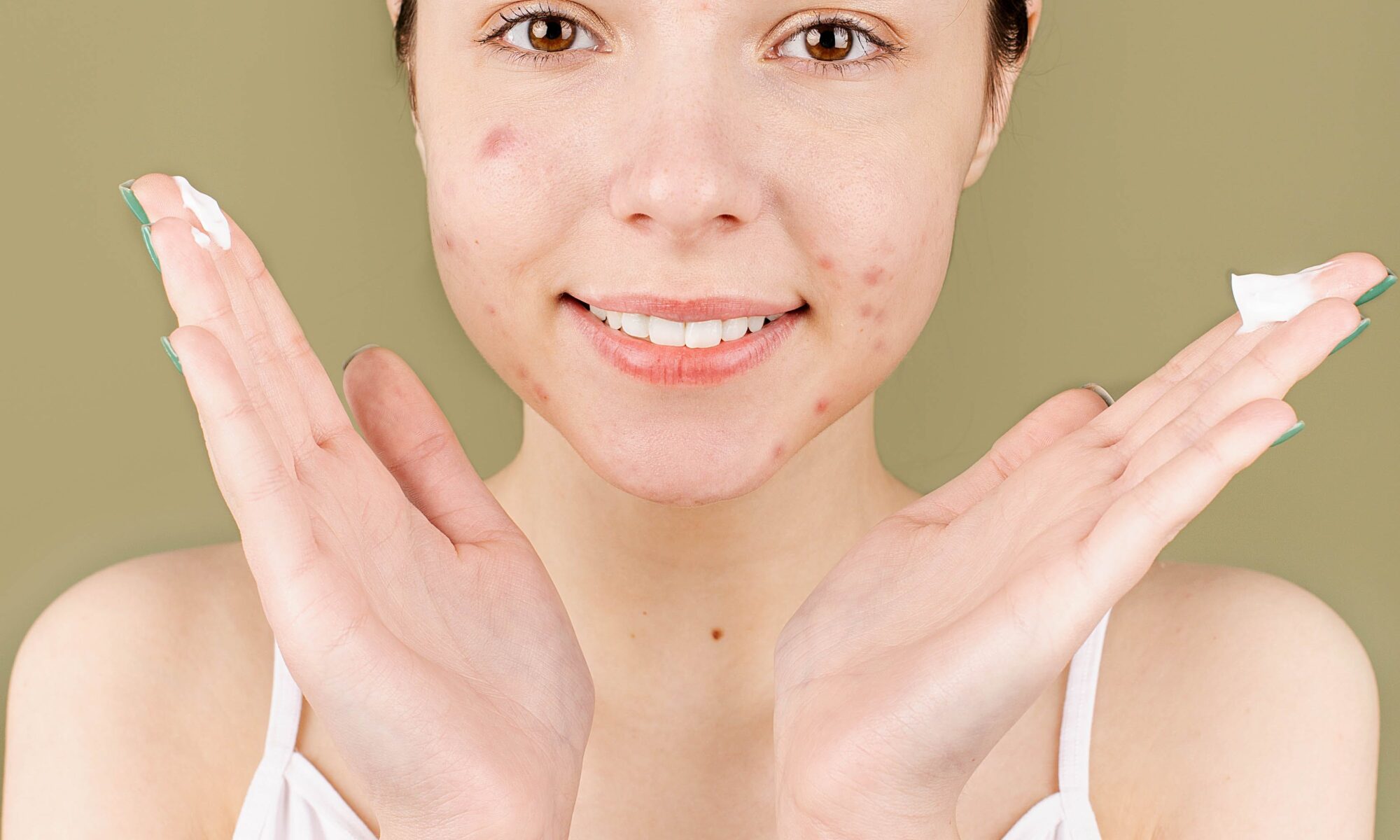If you suffer from acne or have in the past, the thought of living blemish-free has probably led you to a medicine cabinet filled with creams and medications. These treatments may offer powerful results, but they also have possible side effects.
For those of you looking for alternatives to deal with acne scars, there are a few clever solutions worth considering.
Different Types of Acne Scars
Before we get into the ways to deal with scars, it’s worth noting that there are several different types. Some go away over time and others may be permanent.
- Skin Discoloration
Sometimes, healed scars can leave your skin looking discolored. You may have heard these scars called post-inflammatory hyperpigmentation. The skin discoloration can remain visible even months after acne lesions have healed.
- Macules
Macules are red, flat spots found where acne lesions used to be. They can last several weeks and then eventually fade.
- Loss of Tissue
Acne scars caused by a loss of tissue are common. They go by many names including ice pick scars, soft scars, follicle macular atrophy, depressed fibrotic scars or even atrophic macules. These scars look sunken, kind of like pits.
- Tissue Scars
Some kinds of acne may leave scars that look like raised growths of tissue. These are either called hypertrophic scars or keloids and are caused by excess collagen production in the skin.
Now that you know there are a few different types of scars, let’s take a look at ways to deal with them.
How to Deal with Acne Scars
- Coconut Oil
Coconut oil is a natural moisturizer with amazing healing properties. To help get rid of your scars, scoop around a quarter of a teaspoon of organic virgin coconut oil into the palm of your hand. Let it melt and then use your fingertips to massage the oil onto the scarred skin, leaving it to soak in.
You don’t need to wash the oil off since the essential fatty acids and vitamins will continue working and improving the health of your skin as long as it’s on your skin.
If the oil feels a little too heavy for your liking, try leaving it on for at least half an hour and then use an all-natural cleaner to remove it.
- Rose Hip Seed Oil
When it comes to naturally healthy skin treatments, rose hip seed oil is in a class all of its own. For optimum health benefits, make sure you use organic cold-pressed oil. You can apply the treatment once or twice a day to reap all the essential fatty acid benefits along with the advantages of trans-retinoic acid.
- Venus Viva
Venus Viva™ is a non-surgical solution for skin resurfacing that corrects signs of skin damage and improves the appearance of acne scars and other scars, stretch marks, rosacea, enlarged pores, deep wrinkles, and uneven skin texture and pigmentation.
- Microdermabrasion
This is a much less intensive treatment compared to dermarolling. During your treatment, a spray of tiny crystals is used to remove surface skin. The good news is that there is no downtime and with severa treatments, you can treat those annoying scars.
- Gentle Exfoliating Products
Exfoliation helps to get rid of dead skin. It can also help minimize the appearance of red spots and acne scars. Removing dead skin is important since it can clog your pores and lead to the return of your acne.
Here are a few tips for exfoliating:
- Before using any products, talk to your dermatologist to determine the right treatment for your skin type.
- A soft microdermabrasion cloth works well for exfoliation. The microfibers suck the oil and dirt from your pores without added rubbing or pressure.
- If you have dry, sensitive skin, limit exfoliating to no more than twice a week. If your skin is oily, you can exfoliate once a day.
- Once you’ve rinsed with a cleanser, dry your face well and gently massage your preferred exfoliator onto your face for three to five minutes before rinsing.
Acne scars can knock your confidence, we know. But there are plenty of ways to deal with them, depending on the types of scars you have.
Book an appointment at ENVY Skin Clinic to find the best solution for your skin.

